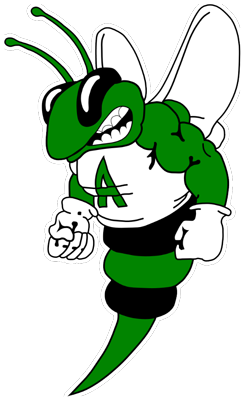NWEA MAP Growth Assessments
Parent's Guide to MAP Growth
Children learn better—and faster—when teachers have a clear picture of what each student knows and is ready to learn next. That’s why a group of educators and researchers founded NWEA®, a not-for-profit organization that has created some of the most trusted and reliable assessment solutions available. More than 9 million students in the US and in 140 countries worldwide use MAP® Growth™.
How it Works - MAP Growth is a computer-adaptive test. MAP Growth begins with a question at each student’s grade level and adjusts the level of difficulty based on individual performance. If your child answers a question correctly, the next question is more challenging. If they answer incorrectly, the next one is easier. This type of assessment challenges top performers without overwhelming students whose skills are below grade level.
What it Measures - MAP Growth uses a RIT scale to accurately measure what students know, regardless of their grade level. It also measures growth over time, allowing you to track your child’s progress throughout the school year and across multiple years. Once your child completes a MAP Growth test, they receive a RIT score. The RIT scale precisely measures student performance, regardless of whether they’re performing on, above, or below grade level.
The Results: Your Child’s RIT Score - RIT scores have the same meaning across grade levels. If a fourth-grade student and an eighth-grade student have the same RIT score in reading, then they are testing at the same level in that subject. You can use your child’s RIT score to help them meet their goals. For example, students can enter their RIT scores into the college explorer tool to see which colleges and universities they’re on track to enter. You can also check out online resources that use RIT scores to provide students with web-based exercises such as ixl.com, and khanacademy.org.

